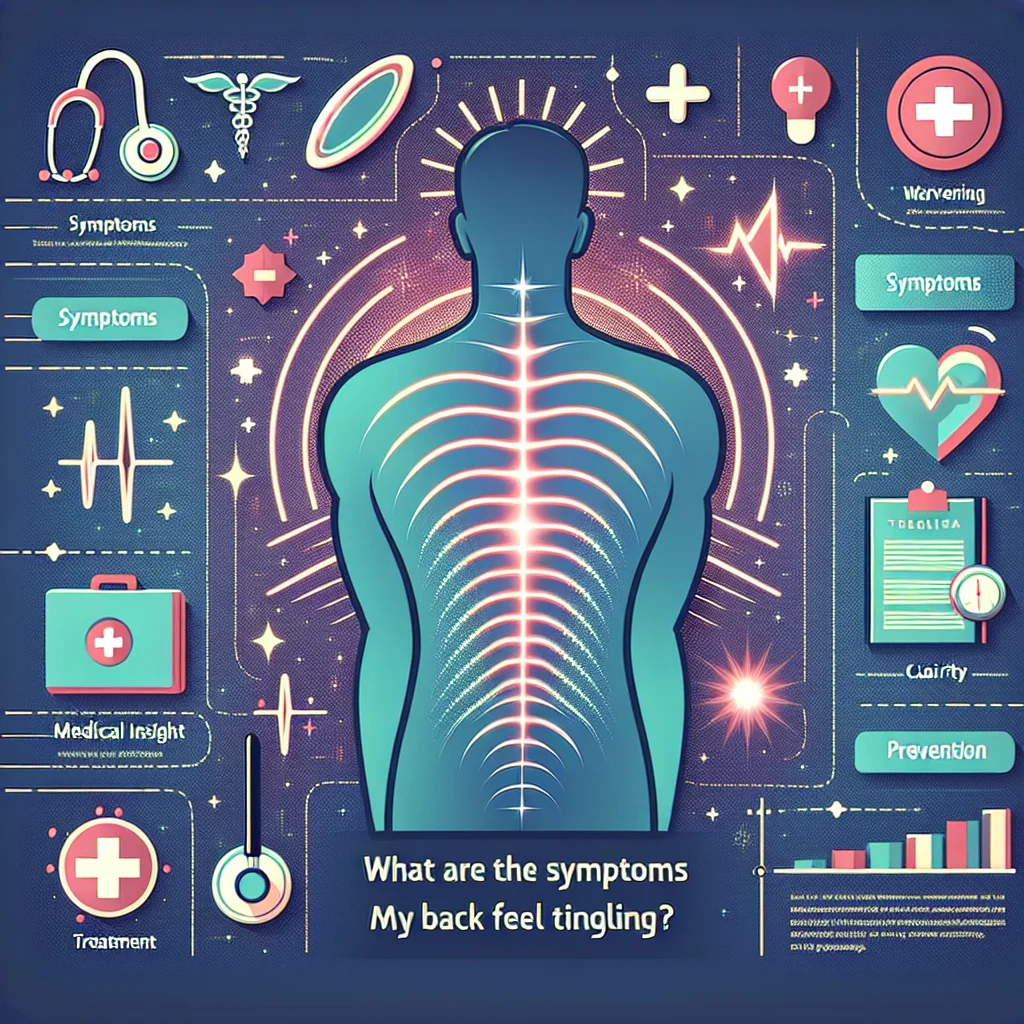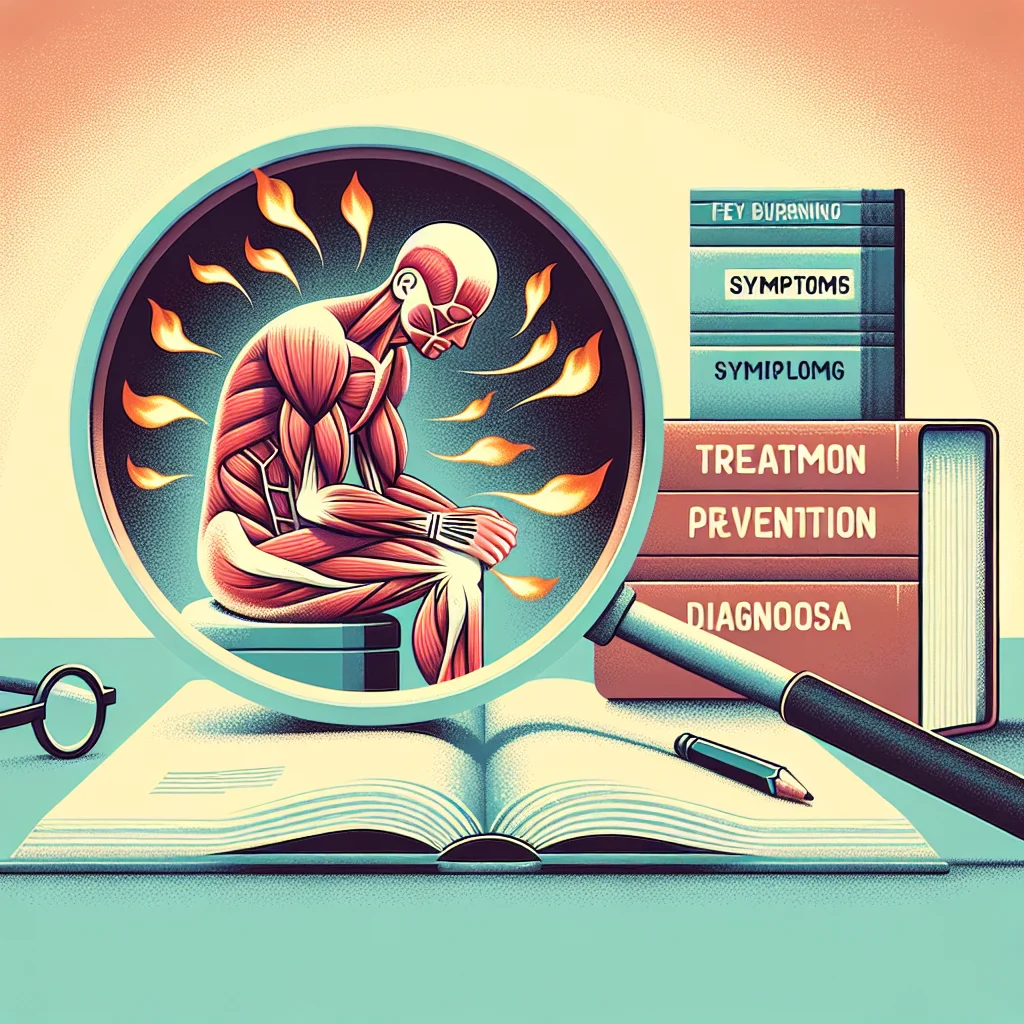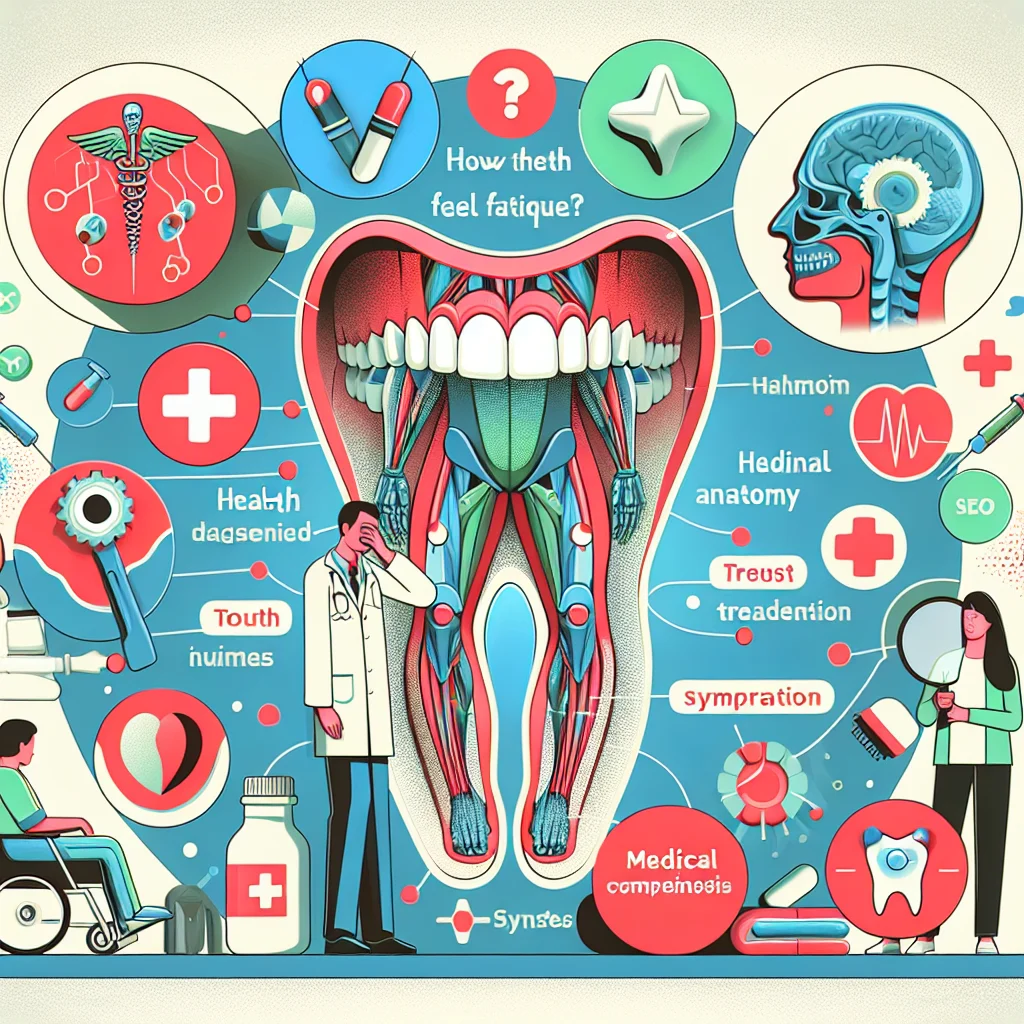
Possible Causes and Medical Insights
Tingling sensations in the back, often described as 'pins and needles,' can be unsettling but are usually linked to a variety of causes. Common reasons include nerve compression, such as from a herniated disc, or conditions like sciatica. Sometimes, simple factors like poor posture or sitting for prolonged periods can also lead to tingling in the back. Understanding the underlying cause is essential for effective management and peace of mind.
Medical professionals often associate tingling in the back with issues affecting the nerves or spine. In rarer cases, infections, vitamin deficiencies, or chronic conditions such as diabetes can contribute to these symptoms. Recognizing the context and accompanying health symptoms is crucial for accurate diagnosis and timely treatment. Early intervention can prevent more serious complications and help restore comfort and mobility.
Symptoms and Risk Factors
Besides the tingling sensation, individuals may experience numbness, weakness, or a burning feeling in the affected area. Sometimes, these sensations may extend to the legs or arms, depending on the nerves involved. Persistent tingling, especially when paired with pain or muscle weakness, may indicate a more serious underlying health issue that warrants attention.
Risk factors for developing tingling in the back include a sedentary lifestyle, obesity, previous back injuries, and chronic conditions like diabetes or multiple sclerosis. People who perform repetitive movements, lift heavy objects, or maintain poor posture are also at higher risk. Understanding your personal risk factors can help in both prevention and early detection of symptoms related to back tingling.
Diagnosis and When to See a Doctor
If you notice that your back feels tingling frequently or for prolonged periods, it’s important to consult a healthcare professional. Diagnosis typically starts with a detailed medical history and physical examination. Your doctor may order imaging tests such as MRI or X-rays, or conduct nerve studies to identify the cause of the tingling sensation and rule out serious conditions.
Seek immediate medical attention if your tingling is accompanied by severe pain, loss of bladder or bowel control, or significant weakness, as these could be signs of a medical emergency. Early diagnosis and treatment can help prevent long-term complications and ensure a faster recovery, so don’t hesitate to reach out for professional medical advice if you are concerned about your symptoms.
Prevention and Home Remedies
To help prevent tingling in your back, focus on maintaining a healthy lifestyle with regular exercise, proper posture, and ergonomic work setups. Stretching and strengthening exercises for the back and core muscles can reduce pressure on nerves and improve overall spinal health. Staying hydrated and avoiding prolonged periods of inactivity are also beneficial for preventing tingling sensations.
At home, you can manage mild tingling by applying heat or cold packs to the affected area, practicing gentle stretches, and taking breaks from activities that strain your back. Over-the-counter pain relievers may provide temporary relief, but persistent or worsening symptoms should be evaluated by a healthcare provider. Remember, early action and lifestyle adjustments are key to reducing the risk of recurring back tingling and maintaining overall well-being.














